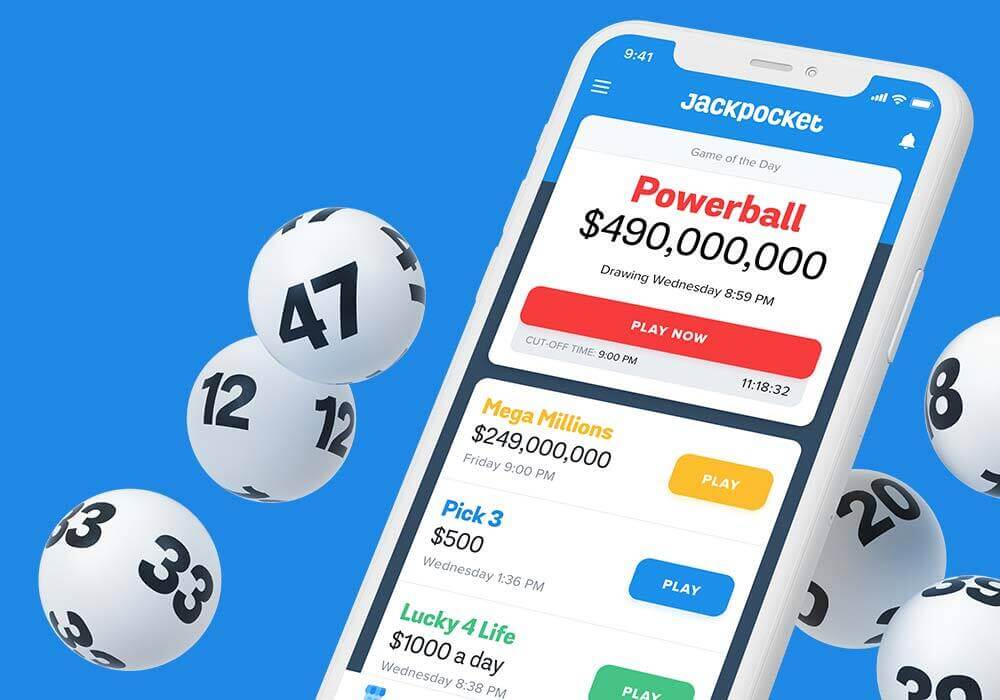For lucky winners with a golden lottery ticket, one big question remains—lottery lump sum vs annuity? Should you accept the cash value of your winnings or go with the annuity option? This guide will walk you through what each payout means.
Lottery payouts
Lottery lump sum vs annuity? What’s the difference?
Here’s a pretty straightforward definition of lottery annuity vs lump sum: a lump sum lottery payout is a one-time cash payment, whereas an annuity payout provides annual payments over time.
Depending on the lottery game and state, the payout options will vary. Some lottery games do not offer an annuity option with the grand prize, so then there’s no question: cash it is!
But for lottery games like Powerball or Mega Millions, a decision will need to be made if you discover you’re holding the winning ticket. Will you pick lottery cash or annuity?
Powerball offers winners a lump-sum payout or an annuity option where the payout would be distributed over the course of 29 years and 30 payments.
The Mega Millions also offers lump sum payouts and annuities. However, the distribution of the annuity is slightly different. With a Mega Millions annuity, you are offered the initial payment upon winning, and then the remaining balance will be paid out over 29 years, with each payment increasing by five percent yearly.
Which is better? When it comes to lottery lump sum vs annuity, there is no right or wrong answer here. It is really a matter of preference and spending habits.
We’ve outlined the lottery annuity vs lump sum differences below to help lucky winners understand both options.
Important note: We want to remind you that we at Jackpocket are not tax professionals. For the official word on lottery winnings and your federal and state taxes, double check the gambling income rules laid out at IRS.gov, your state taxing authority and contact a CPA or tax attorney.
Choosing the annuity option
-
Consistent income: Taking home the annuity option can mean a consistent stream of income for the next 30 years. Depending on annual tax rates, you may end up with more money over time.
-
Fluctuating taxes: While tax rates may be low when you accept the annuity, there's no crystal ball that can predict the future of the economy. Tax rates could increase exponentially over the course of your payout, meaning your ultimate payout would be much lower than if you accepted the lump sum.
-
Unforeseen circumstances: 30 years is a significant amount of time, and there are unexpected issues that could arise over the course of your payout period. In the case of a lottery winner's death, for instance, the remaining payments are transferred to the winners estate and distributed according to the named beneficiaries in the estate.
Choosing the lump sum
-
Opportunity for growth: One consideration for taking the lump sum is the ability to reinvest the money and, therefore, grow it into a larger sum than you otherwise might with the annuity option.
-
Potentially lower tax rate: Depending on the current tax rate, accepting the lump sum payment could make more financial sense. If tax rates are low, it may be the smarter option to take the lump-sum rather than risking potentially rising tax rates over the course of an annuity payout.
-
Benefits for inheritance recipients: Accepting the lump sum also has tax implications for the winner's estate planning. If a winner is on the older side, a lump sum payout offers an advantage to whoever may be inheriting their wealth should the winner pass. According to Jason Kurland, a Uniondale, N.Y.-based attorney who has counseled large-jackpot winners, “If a winner dies while receiving the annuity payments, their estate could be hit with a huge tax that it can’t afford,” he said. “The tax will be similar for a lump-sum winner, but at least the money will be there to pay it. An estate may not have the luxury of waiting for the annuity payments in order to pay the tax. There have been instances where this actually bankrupted an estate for a winner who chose the annuity payments.”
Lottery payout: Seek expert advice
Whether you choose the lump sum or annuity option for your lottery winnings, it's a good idea to assemble an advisory team. Some profesionals you may seek out are:
- An accountant: Before deciding on annuity vs lump sum in the lottery, hire an accountant. An accountant will help you understand the tax liabilities of each payout option, and inform you about how the decisions you make about what to do with your winnings will impact you come tax time.
- A lawyer: When considering a lawyer, consider one who specializes in estate planning or lottery winnings. They can help you determine how to best protect your winnings or to have something to leave to your heirs when the time comes.
- A financial planner or wealth management advisor: An advisor will help you to plan for the future and undertand options for investments.
Guide: What do to do if you win the lottery
Is it possible to improve your Powerball prize odds?
The odds of winning remain the same, no matter how you play or how often. Keep the lottery fun by playing within your means.
Where does lottery revenue go?
Lottery revenue is used in several different ways. The majority of revenue goes to winners in the form of prizes. From there, each state with a lottery decides where the lottery reveneue will go—which causes and programs will benefit. These may include: education, helping veterans, and assisting the homeless, among others. See your local lottery website to find out where lottery money goes in your state or visit our state-by-state guide.




